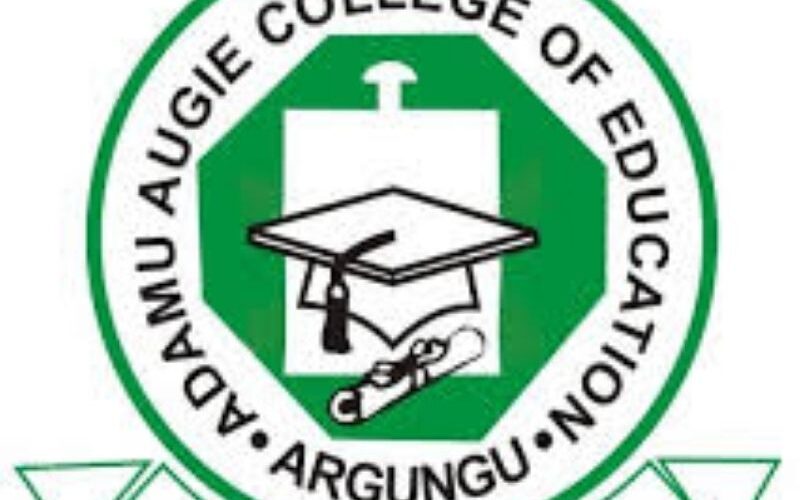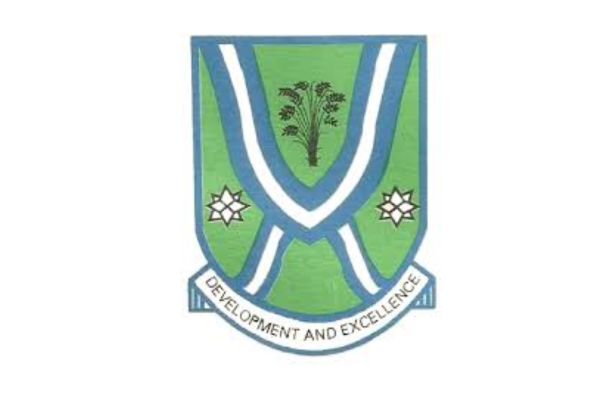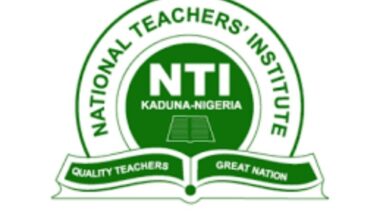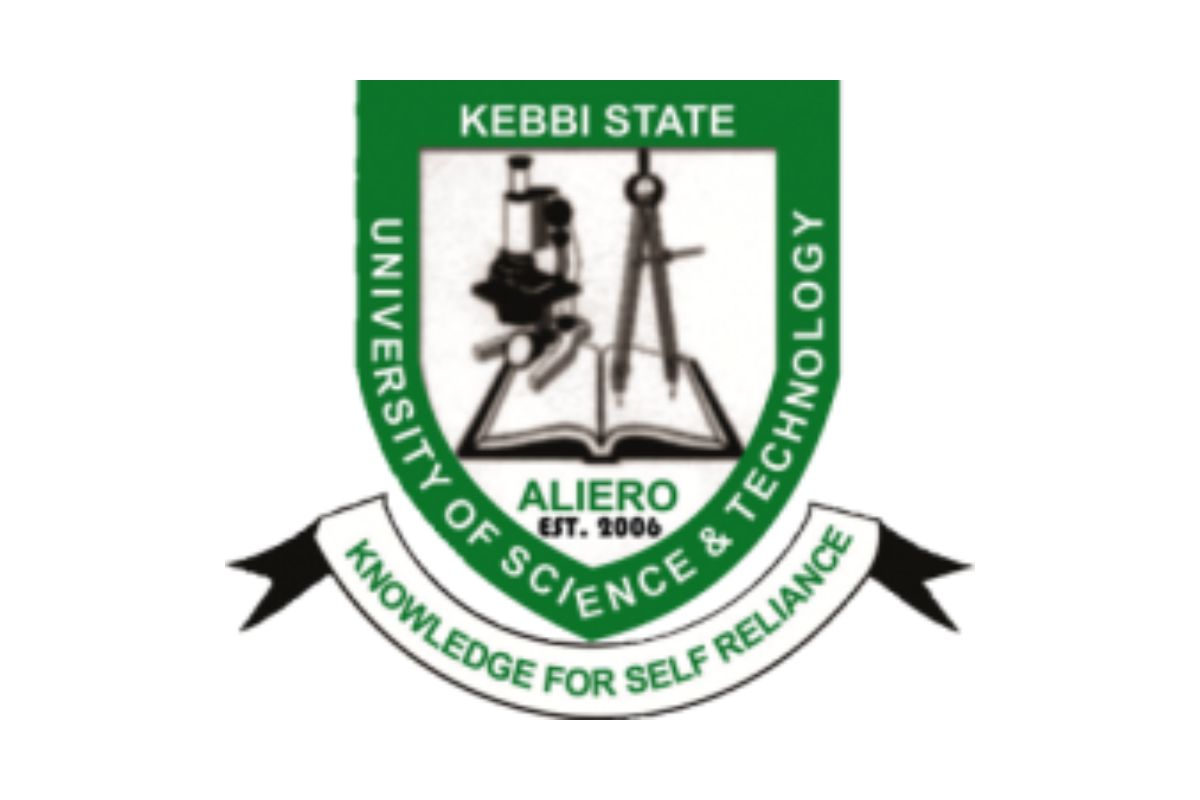As a second-year student at Adamu Augie College of Education in Argungu, Kebbi State, Nigeria, I’ve come to appreciate the small things that make campus life smoother. One of those is the student portal—a digital lifeline that connects us to our academic world. When I first enrolled, I was overwhelmed by the transition from secondary school to college, but the portal became my go-to tool for everything from course registration to checking results. Reflecting on my experiences, I realize how this platform has not only streamlined administrative tasks but also fostered a sense of independence in managing my education.
In this article, I’ll share a comprehensive look at the Adamu Augie College of Education Argungu Student Portal, drawing from my personal insights and the broader context of the college. Whether you’re a prospective student, a current one, or just curious about teacher education in Nigeria, this guide aims to provide valuable, reflective perspectives while highlighting its features, benefits, and tips for optimal use.
The Legacy of Adamu Augie College of Education, Argungu: A Foundation for the Digital Era
To understand the student portal, it’s essential to reflect on the institution it serves. Adamu Augie College of Education (AACOE) Argungu was established in 1993 as a state-owned higher education institution dedicated to training teachers for Nigeria’s primary and secondary schools. Located in the historic town of Argungu, famous for its annual fishing festival, the college draws inspiration from its cultural roots while embracing modern educational needs. Named after Adamu Augie, a prominent figure in Kebbi State’s history, the college started as a modest teacher training center but has grown into a vibrant hub for pedagogical excellence.
Reflecting on my time here, I see how the college’s history mirrors Nigeria’s educational evolution. In the early 1990s, when AACOE was founded, Nigeria was grappling with a shortage of qualified teachers, especially in rural areas like Kebbi State. The college was established under the Kebbi State Government to address this gap, offering the Nigeria Certificate in Education (NCE) programs initially. Over the years, it expanded to include undergraduate degrees affiliated with universities like Usmanu Danfodiyo University, Sokoto. Today, AACOE boasts over 25 programs across six schools, including the School of Arts and Social Sciences, School of Sciences, and School of Vocational and Technical Education.
The mission of AACOE is to produce competent, innovative teachers equipped with practical skills and ethical values. This resonates with me personally; as someone aspiring to teach mathematics in secondary schools, I’ve found the curriculum blends theory with hands-on teaching practice. Programs like NCE in Primary Education (three years) and B.Ed in Education & Biology (four years) emphasize modern pedagogy, including ICT integration, which brings us to the student portal. In a reflective sense, the portal represents the college’s commitment to digital transformation, bridging traditional education with contemporary tools. Without it, managing the demands of college life in a remote area like Argungu would be far more challenging, reminding me how far we’ve come from paper-based systems.
The admission process at AACOE is straightforward yet competitive, reflecting the institution’s standards. Prospective students apply through the college’s official website or the Joint Admissions and Matriculation Board (JAMB) for undergraduate programs. For NCE, candidates need at least five credits in O-Level subjects, including English and Mathematics, and must pass the college’s screening. Reflecting on my own admission in 2023, I remember the anxiety of uploading documents online—a preview of the portal’s role. Once admitted, students receive login credentials, marking the start of their digital journey. This process ensures only dedicated individuals join, fostering a community of passionate educators.
Unveiling the Adamu Augie College of Education Argungu Student Portal: Features and Functionality
The Adamu Augie College of Education Argungu Student Portal is more than just a website; it’s a personalized dashboard that empowers students to take control of their academic lives. Accessible via the college’s official domain (typically linked from www.aacoeargungu.edu.ng under the “Resources” section), the portal serves as a centralized platform for administrative and academic services. From my reflections, it’s like having the entire college administration in your pocket—available 24/7, which is invaluable for students balancing studies with part-time jobs or family responsibilities in Argungu.
Key features of the portal include course registration, where students select and confirm their semester courses. This was a game-changer for me during my first semester; I could view course descriptions, prerequisites, and lecturer details before committing, avoiding the chaos of manual forms. Another standout is the result checking module, allowing instant access to exam scores and GPAs. Reflecting on a tense moment last year when I awaited my mid-semester results, the portal’s real-time updates alleviated my stress, letting me focus on improvement rather than uncertainty.
Fee payment is seamlessly integrated, with options for online transactions via bank transfers or card payments. In a region where banking access can be limited, this feature promotes financial inclusivity. The portal also hosts a profile management section, where students update personal information, upload photos, and track academic progress through transcripts. For reflective learners like me, the academic calendar and announcement board keep us informed about events, holidays, and deadlines—preventing last-minute rushes.
E-learning resources are a highlight, especially post-COVID. The portal links to virtual classrooms, lecture notes, and assignment submissions, aligning with AACOE’s push for blended learning. As a student in the School of Sciences, I’ve used it to access supplementary materials for subjects like Education and Mathematics, enhancing my understanding through interactive modules. Additionally, there’s a grievance or feedback system, where students can lodge complaints or suggestions anonymously, fostering transparency.
Security is prioritized with email-based login (using institutional emails like studentname@aacoeargungu.edu.ng) and password protection, often with two-factor authentication. Reflecting on potential drawbacks, occasional downtime due to server issues in rural Kebbi can frustrate users, but the IT support team is responsive via email or on-campus helpdesks. Overall, the portal’s user-friendly interface, with intuitive navigation and mobile compatibility, makes it accessible even on basic smartphones—a nod to the college’s student-centered approach.
Step-by-Step Guide to Accessing and Utilizing the Portal
Accessing the Adamu Augie College of Education Argungu Student Portal is simple, but reflecting on my initial struggles, I wish I’d had a guide. First, visit the official website at www.aacoeargungu.edu.ng and click on “Student Portal” under Resources. If it’s a dedicated subdomain like student.aacoeargungu.edu.ng, use that directly. New students receive login details via email upon admission—typically your matriculation number as username and a default password (often your date of birth or a provided code).
To log in, enter your credentials on the sign-in page. If forgotten, use the “Forgot Password” link to reset via email. Once inside, the dashboard greets you with personalized widgets: upcoming classes, unread messages, and quick links. For course registration, navigate to the “Academics” tab, select your level and semester, and add courses from the dropdown. Confirm and print your slip for records.
Checking results involves going to “Exams & Records,” selecting the session, and viewing detailed breakdowns. Payments are under “Finance,” where you generate invoices and pay securely. Reflecting on a tip I learned the hard way: always log out on shared devices to protect privacy. For first-timers, the portal includes a basic user guide in the help section, covering FAQs like “How do I change my password?” or “What if my courses don’t load?” If issues persist, contact the ICT unit at the college.
In my experience, mastering the portal took a week of exploration, but it saved hours weekly. It’s optimized for low-bandwidth, crucial in Argungu, where the internet can be spotty, ensuring even off-campus students stay connected.
Personal Reflections: How the Portal Shaped My Educational Experience
Reflecting deeply, the Adamu Augie College of Education Argungu Student Portal has been transformative in my journey as a future educator. Coming from a small village near Argungu, I was intimidated by technology, but the portal demystified it. During my first year, amid the challenges of adapting to college rigor, it became my anchor—allowing me to register for courses like Pedagogy and ICT in Education without queuing for hours. This efficiency gave me more time for reflective study, where I could ponder teaching philosophies rather than administrative hassles.
One poignant memory is using the portal to submit assignments during a family emergency. Without it, I might have missed deadlines, but the upload feature ensured continuity. It also encouraged self-accountability; seeing my GPA in real-time motivated me to improve from a 3.2 to a 4.0 in one semester. However, reflections aren’t all positive—slow loading times during peak registration periods tested my patience, highlighting the need for infrastructure upgrades in Nigerian colleges.
On a broader level, the portal reflects AACOE’s vision of equitable education. For female students like some of my classmates, who juggle domestic duties, its flexibility is empowering. It fosters community, too; through announcements, I’ve joined clubs and workshops, enriching my social reflections. Yet, I ponder accessibility gaps for students without devices—perhaps the college could expand cyber cafes. Overall, the portal has made me more proactive, teaching me that education isn’t just classroom-bound but digitally enhanced.
Tips for New and Current Students: Maximizing the Portal’s Potential
For newcomers to the Adamu Augie College of Education Argungu Student Portal, here are reflective tips from my experience:
- Set Up Early: Change your default password immediately and link your email for notifications.
- Explore Thoroughly: Spend time navigating all sections to avoid surprises during busy periods.
- Backup Data: Download transcripts and receipts regularly, as a precaution against technical glitches.
- Seek Help: Use the FAQ or contact support promptly; don’t hesitate to ask seniors.
- Stay Updated: Check announcements daily to catch scholarships or event opportunities.
- Optimize for Mobile: Download the browser app for on-the-go access, especially in areas with poor Wi-Fi.
These habits have made my portal use seamless, turning potential frustrations into productive routines.
Conclusion
In wrapping up this reflective article, the Adamu Augie College of Education Argungu Student Portal stands as a testament to the college’s forward-thinking ethos. From its roots in 1993 to today’s digital ecosystem, AACOE continues to nurture teachers who will shape Nigeria’s future.
As a student, I’ve grown through its features, learning resilience and tech-savviness along the way. Whether for registration, learning, or personal growth, the portal is indispensable. I encourage all to engage with it fully—it’s not just a tool, but a partner in your educational odyssey.







